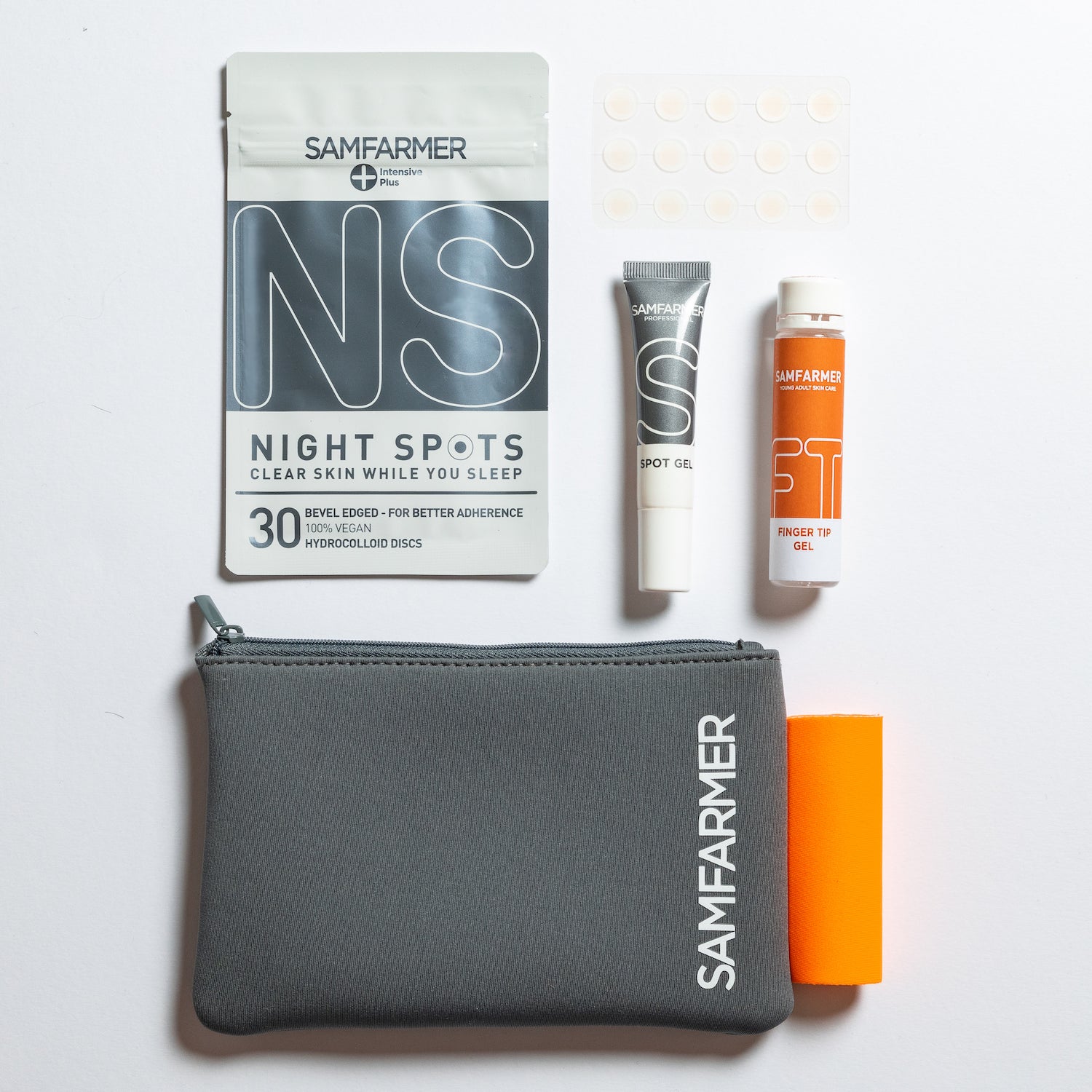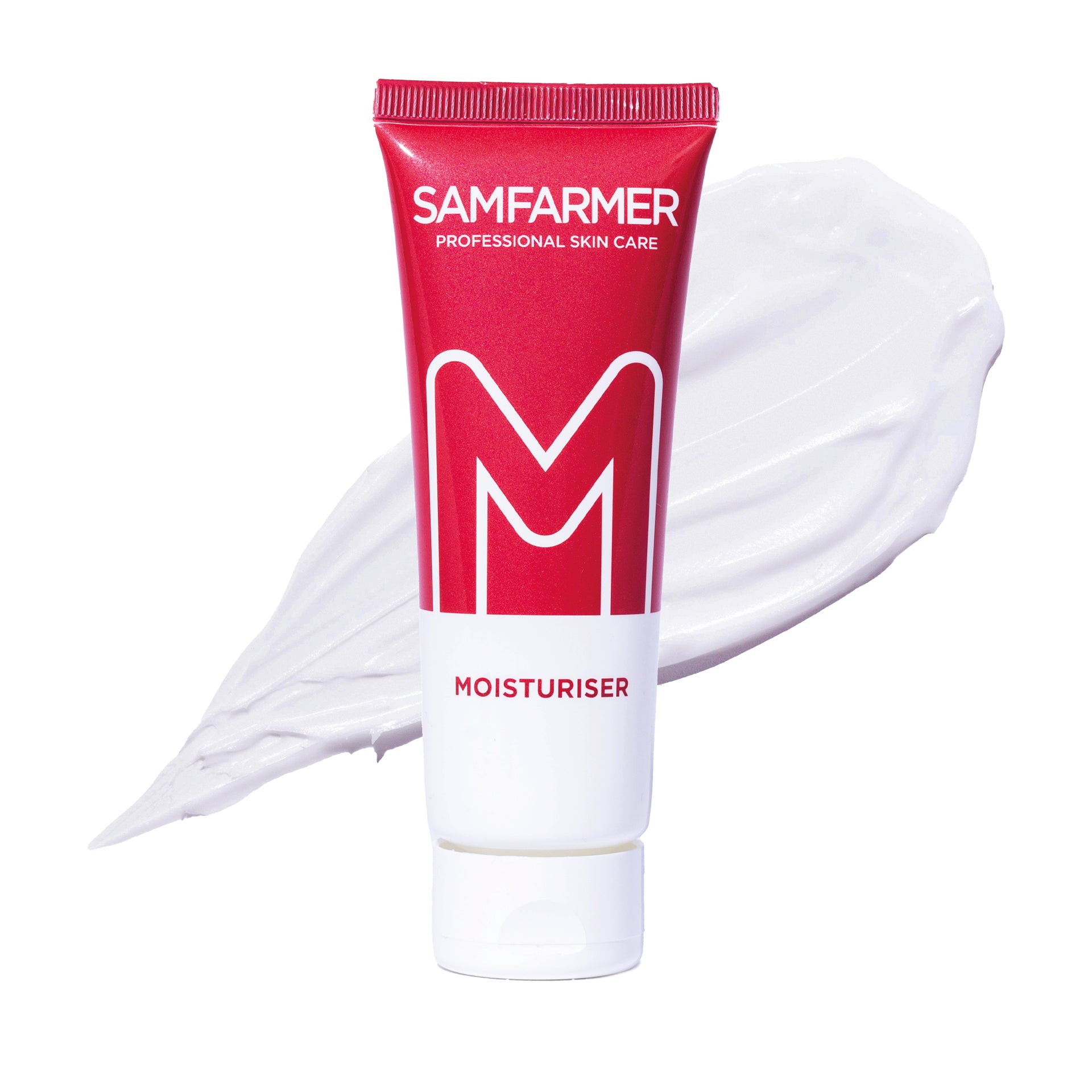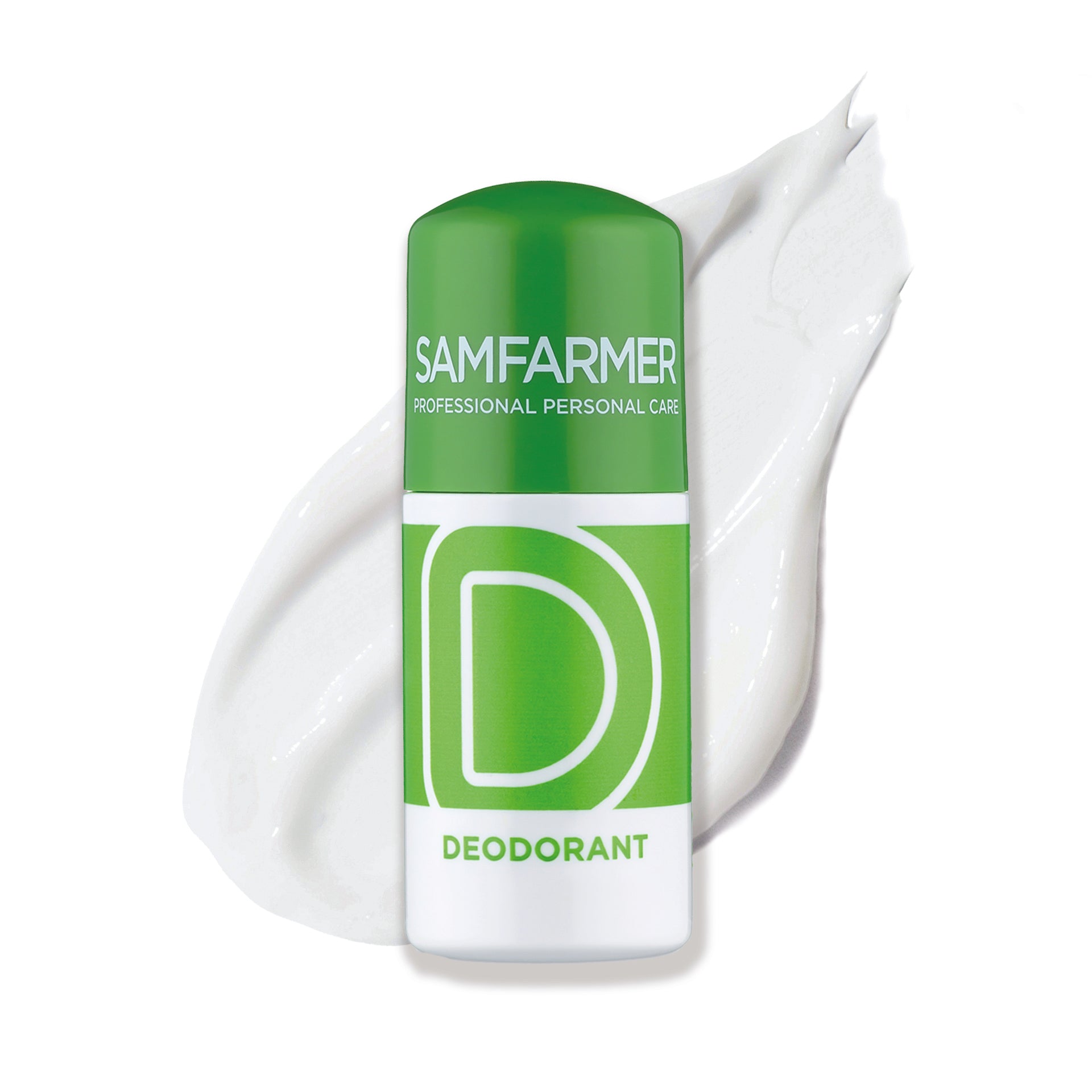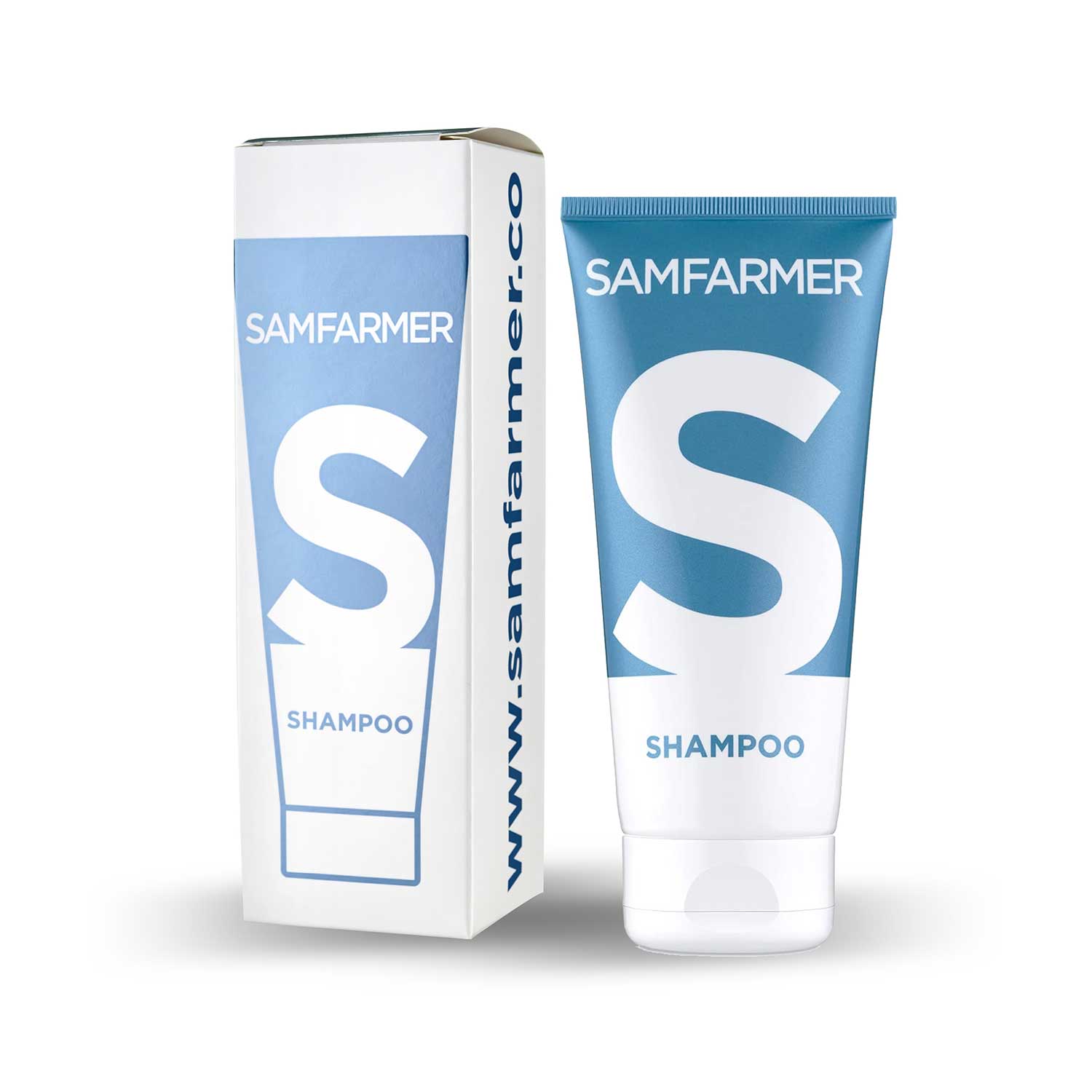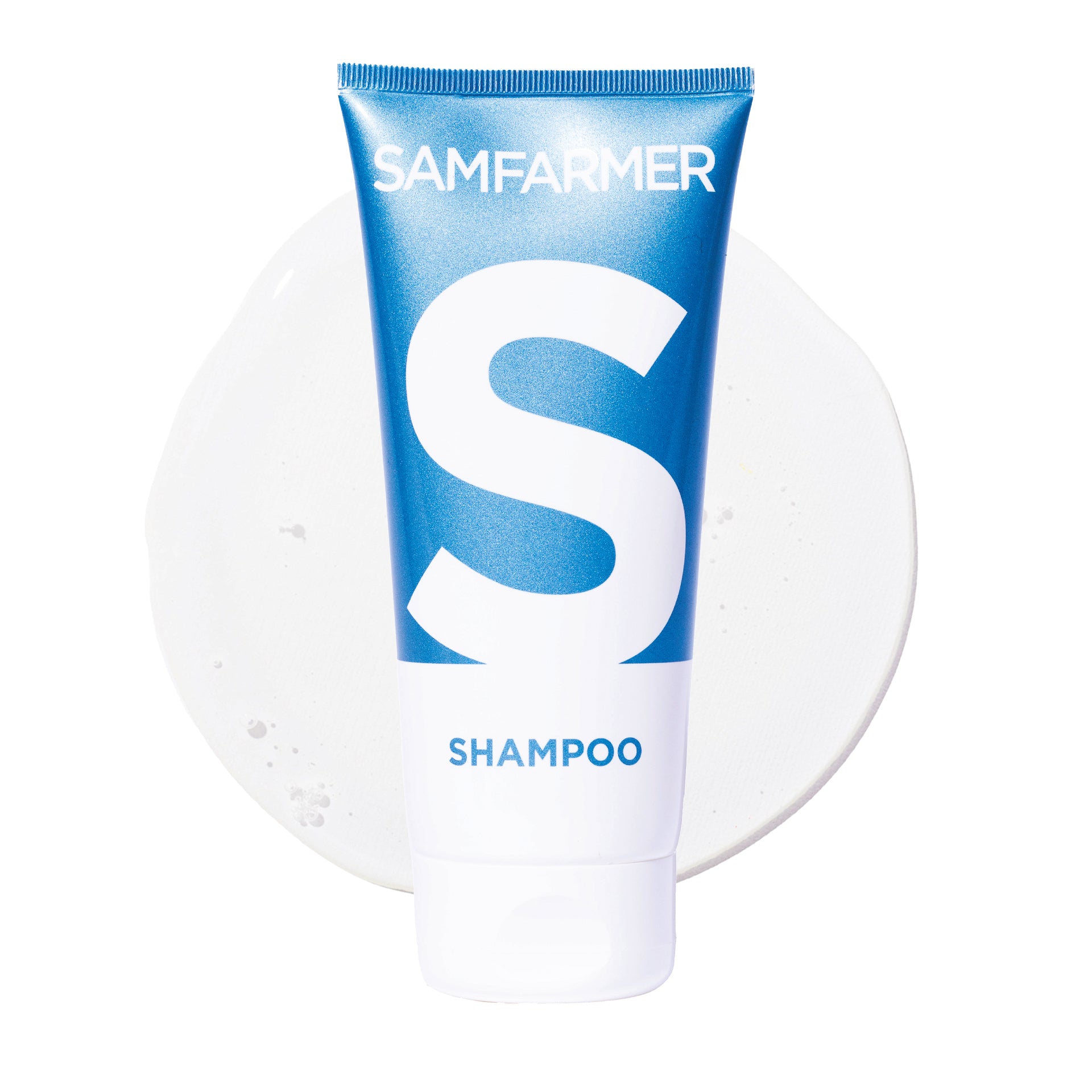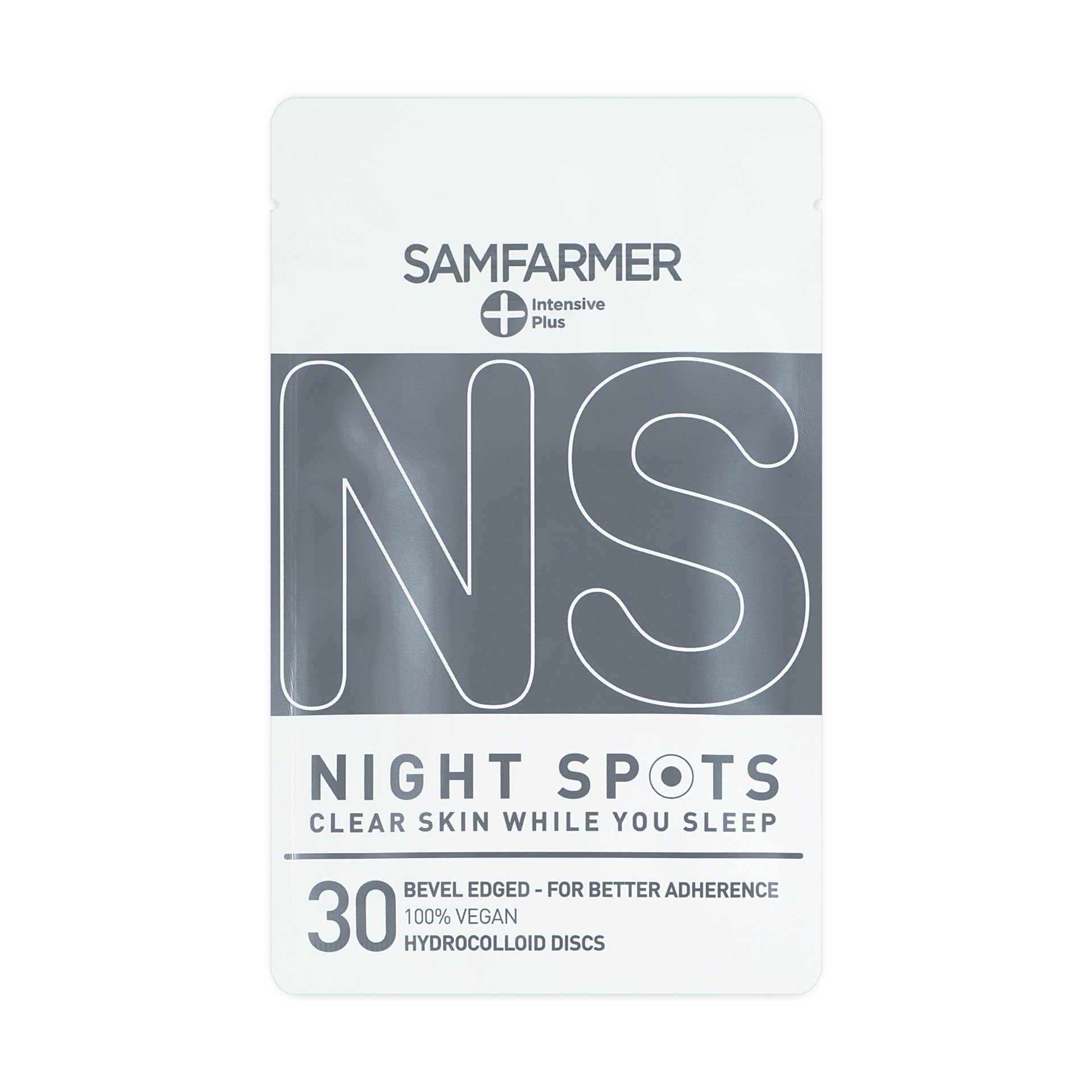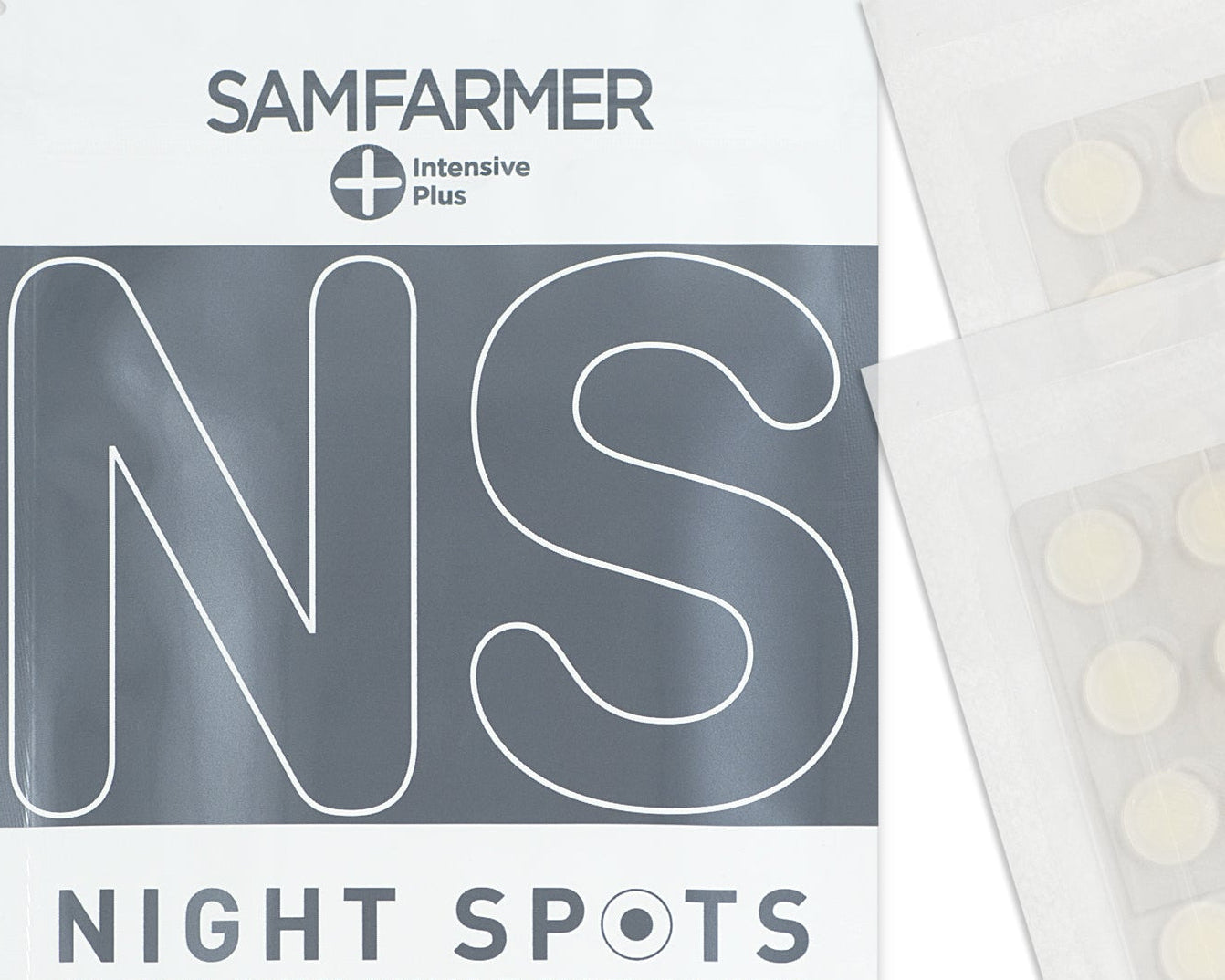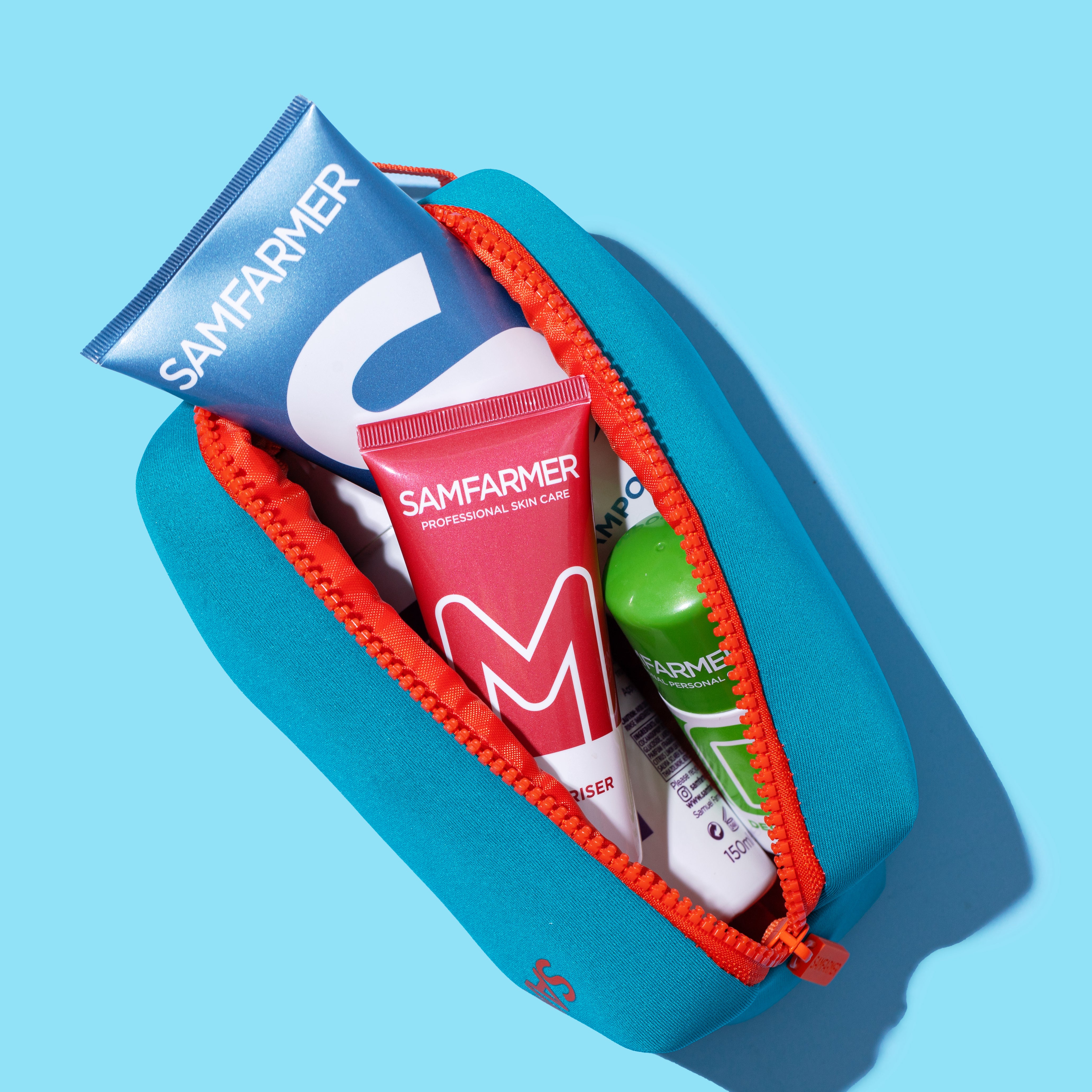
The teenage years are one of the most dramatic periods of physical, emotional and psychological change we undergo and much of this transformation is driven by hormones.
Hormones are tiny chemical messengers but what are they called and how do they impact us during adolescence?
Puberty Hormones and their Function
Gonadotropin Releasing Hormone (GnRH):
What it is: A hormone produced in the brain.
Function: Signals the pituitary gland to release other hormones that stimulate the ovaries or testes.
Luteinizing Hormone (LH) & Follicle Stimulating Hormone (FSH):
What they are: Hormones released by the pituitary gland.
Function: In females, they stimulate the ovaries to produce oestrogen and progesterone. In males, they stimulate the testes to produce testosterone.
Testosterone:
What it is: The main male sex hormone.
Function: In males, it promotes the development of muscle mass, deepening of the voice, growth of facial and body hair and other male characteristics. Females also produce it in smaller amounts.
Oestrogen:
What it is: The main female sex hormone.
Function: In females, it promotes the development of breasts, regulates the menstrual cycle and affects mood. Males also produce it in smaller amounts.
Progesterone:
What it is: female sex hormone.
Function: Works with oestrogen to regulate the menstrual cycle and prepare the body for pregnancy.
These hormones work together to bring about the physical and emotional changes experienced during puberty. One of the most visible effects of these hormonal changes is on the skin.
Effects on the Skin
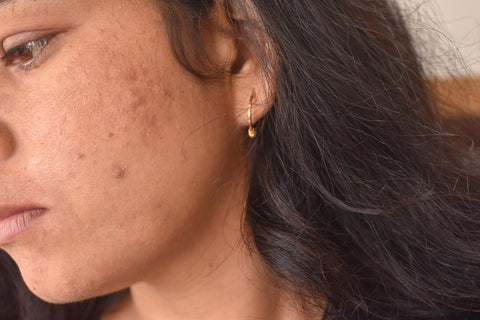
Acne (from spots to cysts): The surge in androgens stimulates the sebaceous glands in the skin to produce more oil (sebum). This can lead to clogged pores, resulting in acne. While acne is common during the teenage years, its severity can vary.
Increased Sensitivity: Some teens may notice their skin becoming more sensitive or prone to redness. This can be due to these hormonal fluctuations and the skin's adaptation process to these fluctuations.

Hair Changes
Oily Scalp: These hormone changes can also lead to an oily scalp. This might mean more frequent hair washing is needed.
Body Hair: Young adults will begin to notice the growth of body hair in new places, such as the underarms, chest, and pubic area.
Body Odour
During puberty the apocrine sweat glands (mainly located in the armpits, perineum – groin and scalp) begin to secrete a sweat which contains substances such as proteins. This, combined with bacteria on the skin that start to break down these chemicals, can lead to the development of body odour. Regular washing and the use of deodorants and antiperspirants can help manage this.
Mood Fluctuations
Hormonal changes can also impact mood. It's not uncommon for teens to experience mood swings, feelings of irritability or heightened emotions.
Navigating Skincare and Cosmetics
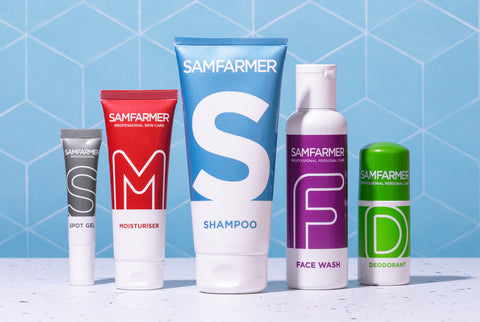
Cleansing: It's essential to cleanse the skin gently but effectively. Look for products designed for your skin type and avoid scrubbing that can irritate the skin. If you can only manage one cleanse a day, do it before going to bed.
Moisturising: Even if your skin is oily, don't skip the moisturiser and if you find you are getting breakouts quite often, try lighter formulations without oil.
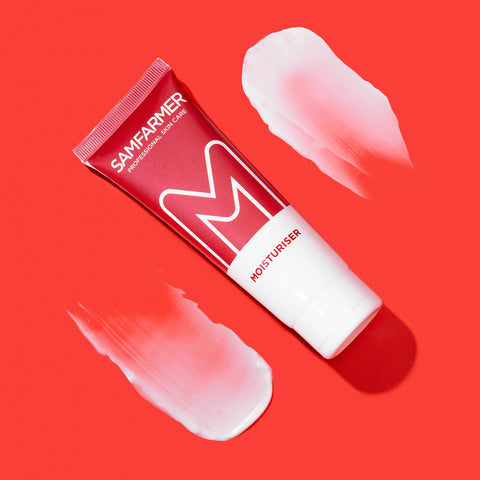
Makeup: If you choose to wear makeup, go lightly and always remove makeup before bed remembering to moisturise as the last step.
Haircare: If you're dealing with an oily scalp, consider using a gentle clarifying shampoo. Try a few days without using products that can weigh hair down or make it greasier, these may include leave-in conditioners and oils.
What Can't be Controlled

While good skincare and hygiene can help manage many of the changes experienced during adolescence, it's really important to understand that these changes are completely normal, natural and a part of becoming an adult. Some things, like the growth of body hair or the exact timing of these changes, can't be controlled.
The teenage years are a time of significant change. Understanding the role hormones play and adopting a suitable skincare and hygiene routine can help you navigate these years with confidence.
Remember, every young adult’s experience is unique and what works for one person might not work for another.
It's always a good idea to consult with a dermatologist or healthcare professional about any specific concerns especially if there is a skin issue that is not going away or you are feeling depressed.



